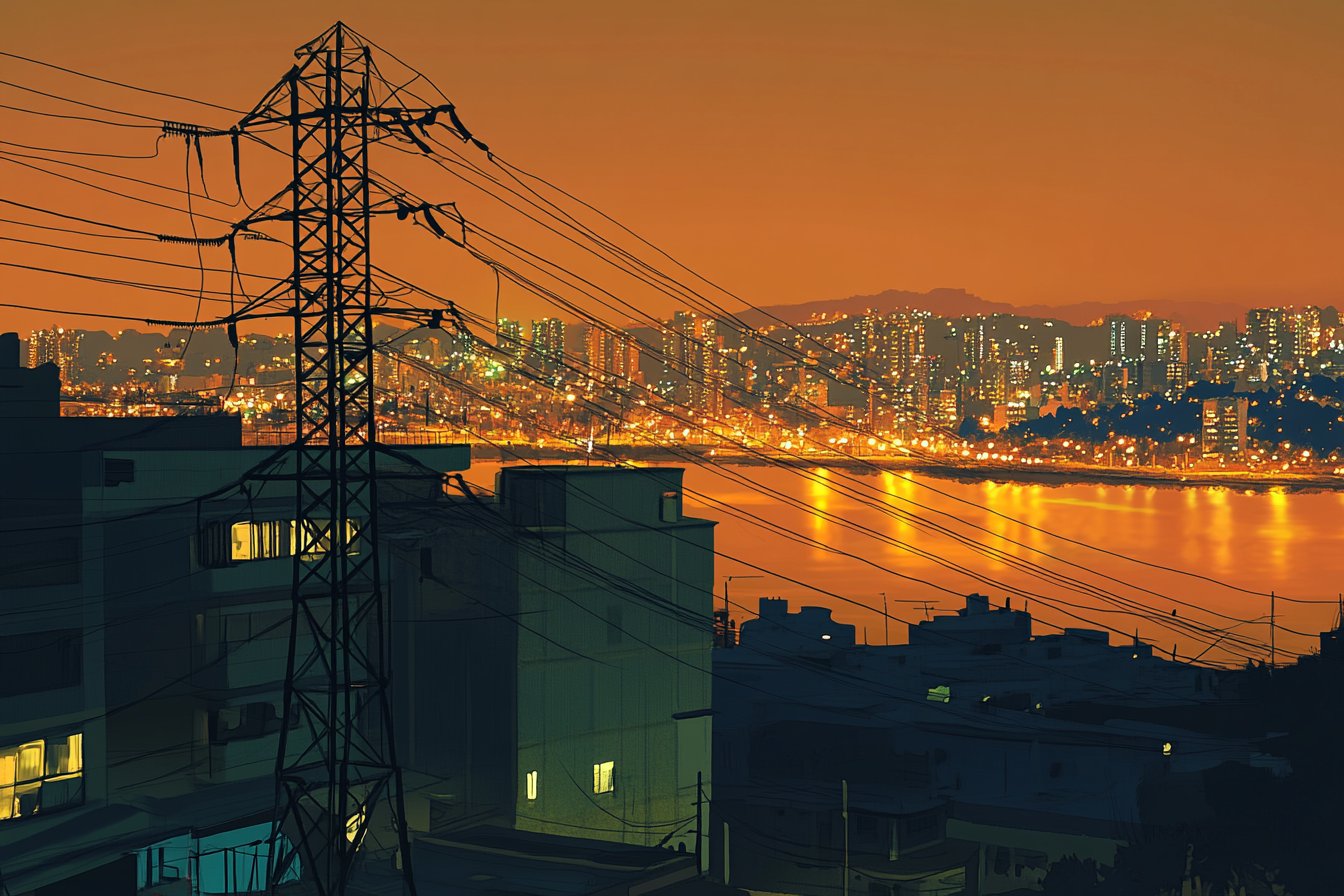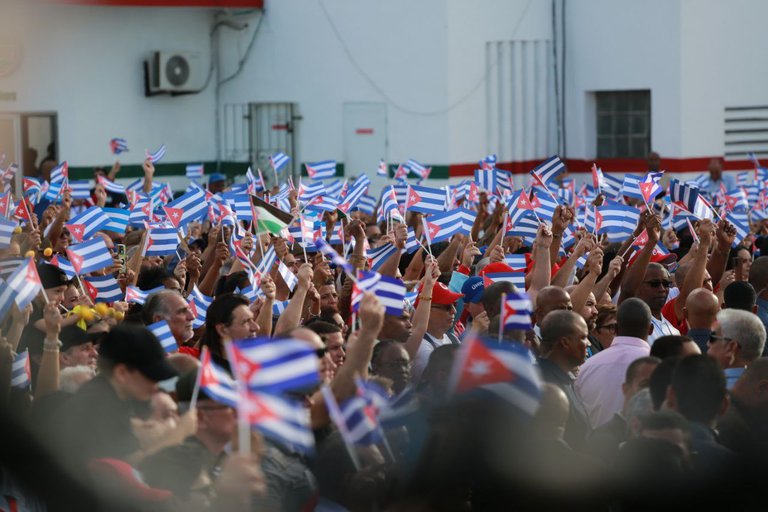 Source
SourceEcuadorians will once again be able to live without the crippling scourge of power outages they have suffered since last September. A crushing drought joined the chronic lack of attention to the thermal generation plant to configure a very complex context for the national electric system. Scheduled blackouts extended up to 14 hours a day at the most critical moment of the power contingency, which, as expected, has had a notable impact on productive activity. The outlook has now improved thanks to the recovery of—and the incorporation of new—power generation capacity in the order of 800 MW, the return of energy imports from Colombia—which also faced a crisis peak recently—, and better weather. But the supply still does not cover the demand, so seven companies linked to steel, cement and mining production will continue to be limited in consumption. Experts point out that the outages may return next year if appropriate measures to improve the resilience of the system are not taken.
#24Horas | Técnicos energéticos aseguran que los apagones en Ecuador podrían retomarse en el 2025 si no se toman medidas en el sistema eléctrico.
— Teleamazonas (@teleamazonasec) December 19, 2024
Vía: @Astrid_SingreTA pic.twitter.com/VIkrlRTWQI
Contrasts
While Ecuador receives around 5.11 billion dollars in international financing this year from powerful lenders such as the Inter-American Development Bank, the Development Bank of Latin America and the Caribbean, the International Monetary Fund and the World Bank, Cuba remains under a relentless sanctions regime that prevents it from accessing the same mechanisms from an even more precarious socioeconomic situation. While Ecuador was able to solve in a few months the above-commented serious energy contingency, the Island faces enormous obstacles to pay the brave suppliers who dare to supply it with crude oil—the state importing company is designated by the U.S. Treasury Department—and to maintain its decrepit thermal generation plant. Currently, the sanctions regime that was conceived during John F. Kennedy's administration is reinforced by the unfair inclusion of the country in the list of State sponsors of terrorism—the last nail in the Cuban financial coffin—, issues that led to the holding of a popular rally this Friday in Havana.
 Source
SourceMexico
Seven inmates were killed last Thursday in a confusing confrontation with police, who entered the prison with the intention of extracting two high-risk prisoners. The security forces were greeted with a barrage of gunfire, which according to the official narrative generated a forceful response on their part. The event occurred in the southern state of Tabasco, which has been progressively sinking into a spiral of violence typical of other geographical contexts in Mexico. Ten individuals, including police and inmates, were injured in the riot. Simultaneously to the initial armed aggression against prison authorities, the inmates also set fire to different areas of the facility. One of the two inmates of interest offered strong resistance together with a score of fellow prisoners, five female relatives violently entered the prison, while it was reported that vehicles and stores were burned in the town of Villahermosa, presumably ordered from the prison itself. Up to October alone, there is an annual increase of about 183% in murders in Tabasco.
“Nos están tirando a matar. ¡Nos matarán!”, así se vivió el terror dentro del penal de #Villahermosa, #Tabasco. Un motín terminó con enfrentamientos a balazos y siete internos murieron. Los desmanes llegaron a las calles, luego de que los reos pidieron ayuda en redes sociales: pic.twitter.com/FZRR6W1uiI
— Nacho Lozano (@nacholozano) December 20, 2024
More political Aztec blood
The young mayor of the town of Tancanhuitz was fatally shot along with his secretary and two bodyguards last Sunday, when armed men intercepted the vehicle in which they were traveling, authorities reported. In other political assassinations in recent days, a federal congressman and a state magistrate have been killed. In the violent city of Culiacán, Sinaloa state, the member of the team assisting a high-ranking official of the Secretariat of Security and Citizen Protection, focused on combating organized crime, was also killed this week. Amid infighting in the Sinaloa cartel—between followers of “El Mayo” Zambada and the sons of “El Chapo” Guzman—500 people have been killed since September in the whole state.
On the migratory drama 👇
Migrants don't want to pay (for a smuggler), but I think we will become their only, and safest, option. A BIG, MUST-READ REPORT from Reuters.
A good annual Latin American resume from AP, in photos 👇
AP FOTOS: Latinoamérica acaba 2024 con la huella de desastres naturales y un clima político agitado.https://t.co/0bpRSHw03g pic.twitter.com/Izt8dVy1tv
— AP Noticias (@AP_Noticias) December 20, 2024
And this is all for our report today. I have referenced the sources dynamically in the text, and remember you can learn how and where to follow the LATAM trail news by reading my work here. Have a nice day.

